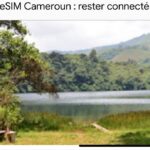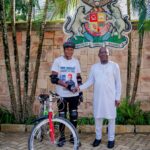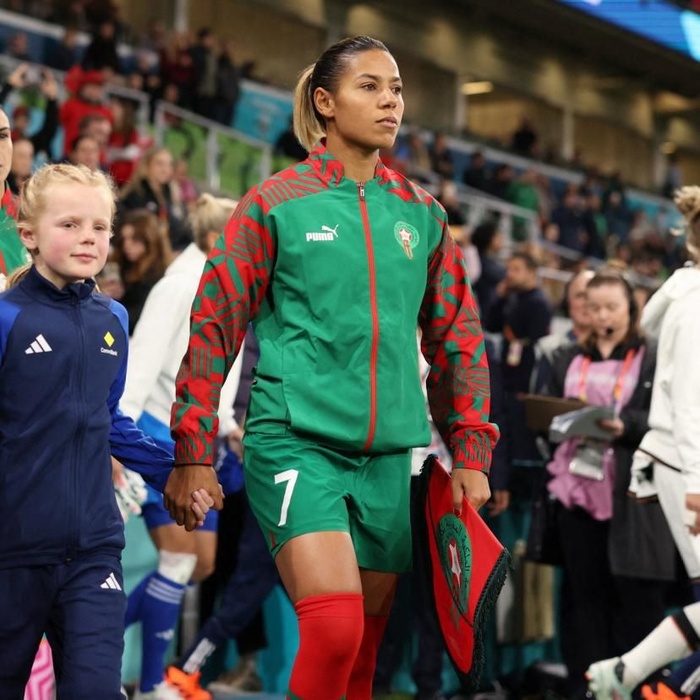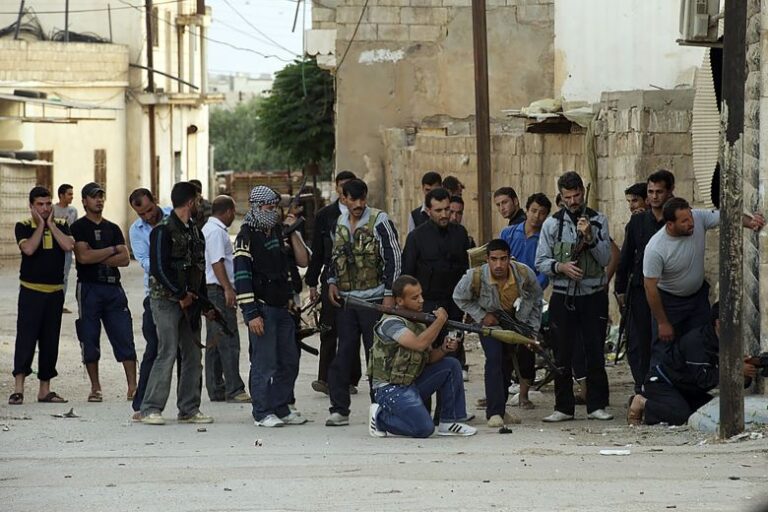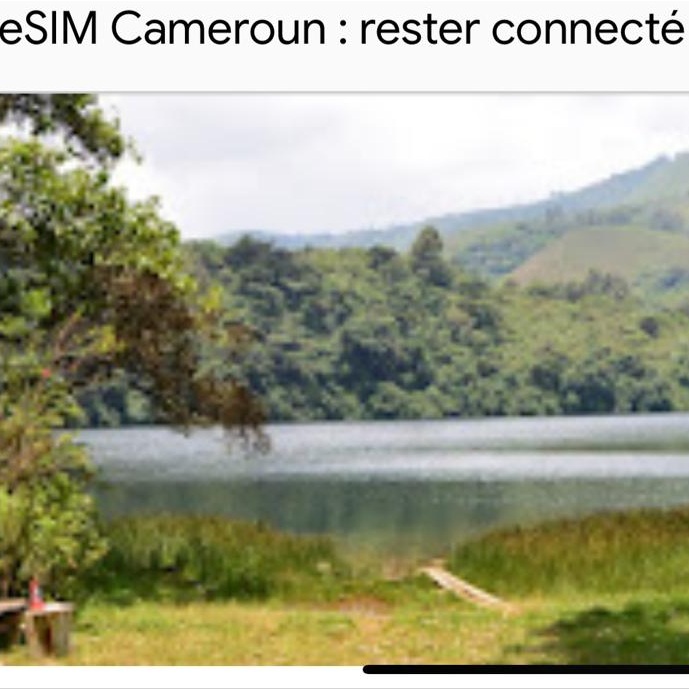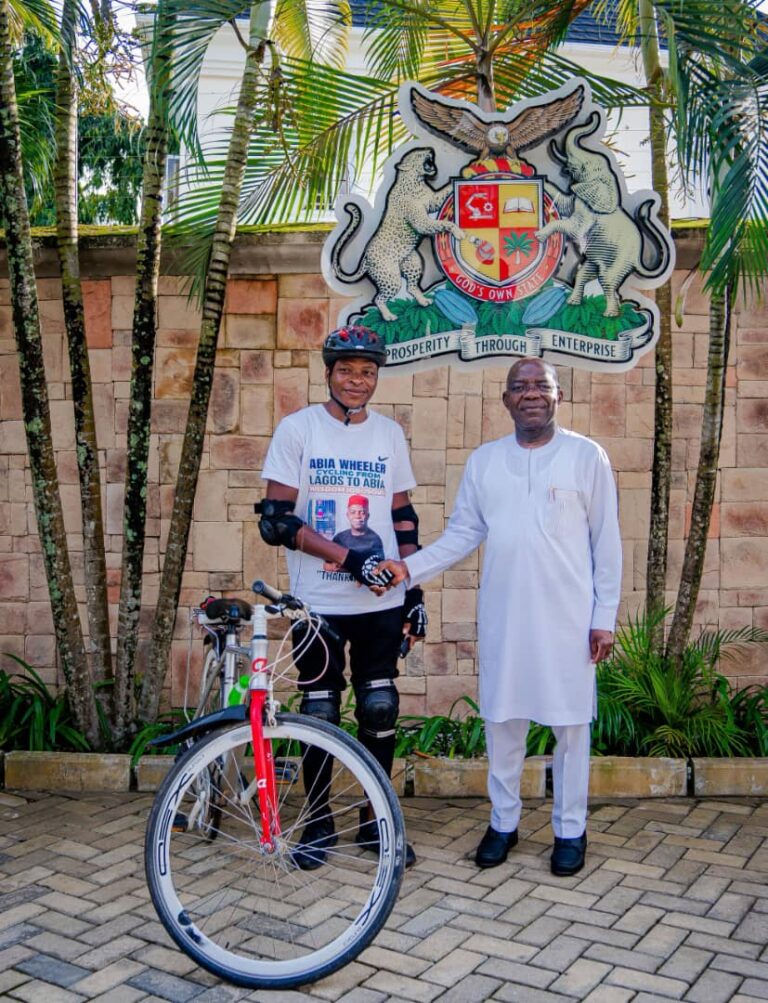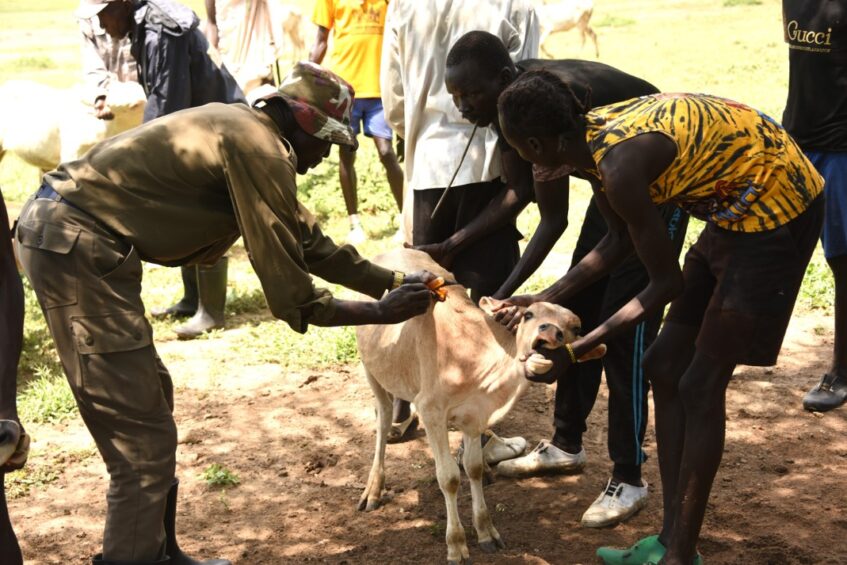
Author: Kenyi Evans | Published: 1 hour ago
Treating livestock in Kassangor of GPAA. 📷 Photo by Dr. Megan Claase
JUBA, South Sudan (Eye Radio) – To many in South Sudan, cattle are not just animals – they are livelihood, culture, and continuity. Families live through their herds. Yet one outbreak of disease can turn prosperity into despair overnight. For herders, healthy cattle mean strong households and thriving communities. And for South Sudan, it means a stronger, more resilient future for livelihoods and conservation.
This effort builds on livestock health interventions that began earlier this year in February, with communities across the Boma landscape continuing to benefit from regular treatment campaigns. So far, almost 40,000 heads of livestock have been treated, bringing veterinary services to communities in remote areas of the Landscape.
Behind this success lies a strong partnership: support from the Rumble in the Jungle campaign, and cooperation with South Sudan Ministry of Wildlife, Conservation and Tourism and with local communities. The shared goal is clear – to protect both livelihoods and the natural heritage of the Great Nile Migration Landscape.
To further strengthen these efforts, African Parks (AP) is also working with the UN Food and Agriculture Organization (FAO) in Pibor to train local teams in animal vaccination and disease control. Together, aiming to provide vaccines for deadly cattle diseases such as Contagious Bovine Pleuropneumonia (CBPP), anthrax, Black Quarter, and Hemorrhagic Septicemia, ensuring livestock stay healthy throughout the year.
These interventions are helping to build trust between herders and conservation teams, showing genuine care for the communities whose lives are deeply tied to the land and their animals.
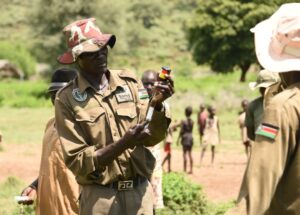
In August 2022, African Parks and the Government of South Sudan signed a 10-year renewable agreement to rehabilitate, manage, and conserve Badingilo and Boma National Parks and the Jonglei Landscape, home to the world’s largest land mammal migration.
This agreement empowers AP and MWCT to work hand-in-hand with local communities to restore ecosystems, foster ecotourism, and build resilience in the face of climate change.
The MWCT leads efforts to protect biodiversity, natural ecosystems and wildlife in South Sudan, while promoting sustainable tourism that benefits people and the economy. Through strategic partnerships, it works to ensure long-term stewardship of the country’s natural heritage.
African Parks is a non-profit conservation organisation that takes on responsibility for the long-term management of protected areas in partnership with governments and local communities.
African Parks manages 23 protected areas in 13 countries covering over 20 million hectares in Angola, Benin, Central African Republic, Chad, the Democratic Republic of Congo, Ethiopia, Malawi, Mozambique, the Republic of Congo, South Sudan, Rwanda, Zambia and Zimbabwe. Visit www. africanparks.org to learn more.




